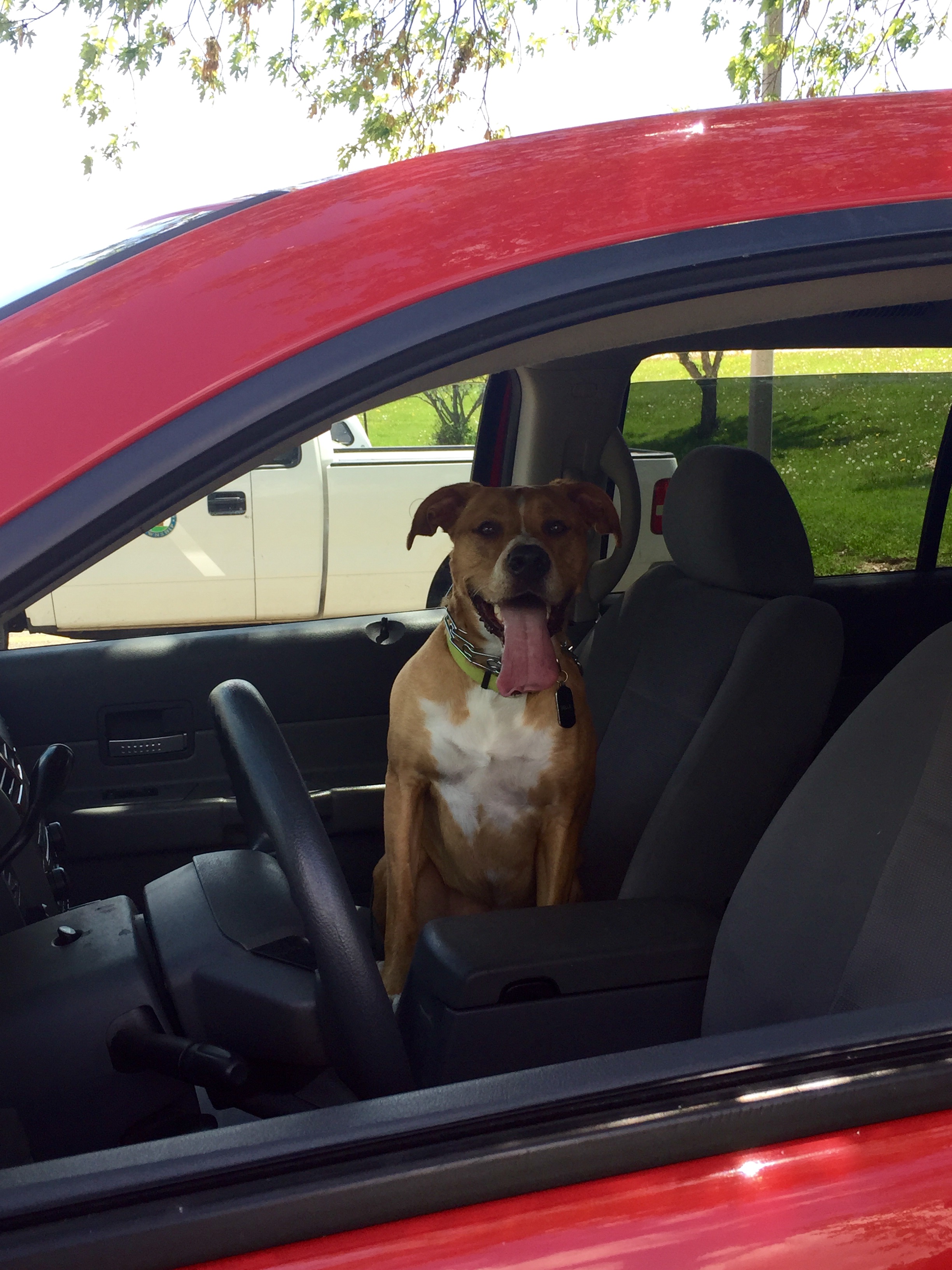Warming Temps Serve as Reminder of Dangers of Hot Cars
- Published: 5/18/2015
- Comments
MERIDIAN TOWNSHIP - With temperatures rising, officials are reminding drivers of the dangers of leaving children and pets in hot cars. Meridian Township EMS/Training Chief Bill Priese says the summertime heat can be dangerous, possibly deadly, for children and pets who are left in vehicles because heat can build up in a short amount of time.
“Interiors are usually darker in color and if we don’t have windows cracked that heat can build up in there,” Priese said.
If a parent does leave a child alone in a vehicle, the consequences could be severe.
“Child protective services are going to become involved and you could potentially lose custody of that child," said Meridian Police Lt. Greg Frenger.
According to Michigan Law, even if there is no harm to the child, it could involve a fine of $500 and possibly jail time. If the child is harmed, the penalties are more severe.
To demonstrate how hot a car can get in a short amount of time, last summer, HOMTV left a thermometer in the backseat of a car and kept the windows cracked open. We checked the temperature inside the car every 10 minutes.
The temperature outside of the car when we did this experiment was 90 degrees. But after only 10 minutes, the temperature inside the car was up to 104. The temperature inside the car continued to rise quickly, and, after 50 minutes, it was 120 degrees in the car. Mickie Kreft, Capital Area Safe Kids Coalition Coordinator, suggests leaving something you need for the day in the back seat make sure you don’t leave your child in the car.
"Put your cell phone, put your briefcase, your lunch (in the back seat). Something that, when you get out of your car, you’re patting yourself down thinking ‘do I have everything?’ ” Kreft said.
As for your pets, Priese says it may just be safest to leave them at home while you’re out.
“They may not like the moment in time that you’re putting them in the kennel, but you’re doing it for their safety,” Priese said.
And if you see a child or a pet that appears to be in distress, Frenger encourages residents to call 9-1-1.
“Obviously, if we see a child or an animal in distress, we’re going to make a rescue immediately,” Frenger said.


 Spanish
Spanish Chinese (Simplified)
Chinese (Simplified) Korean
Korean French
French German
German Hindi
Hindi Urdu
Urdu Japenese
Japenese Arabic
Arabic Russian
Russian Farsi
Farsi
